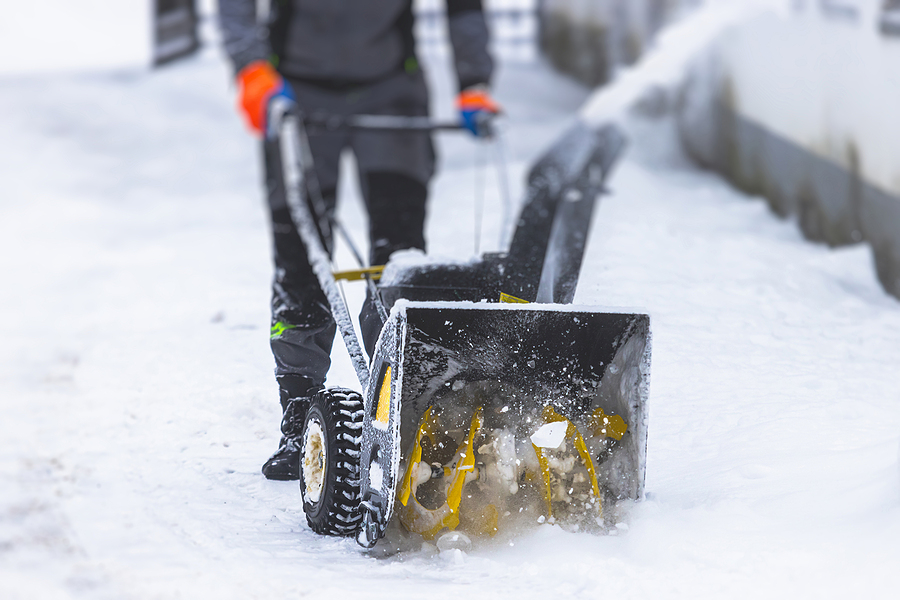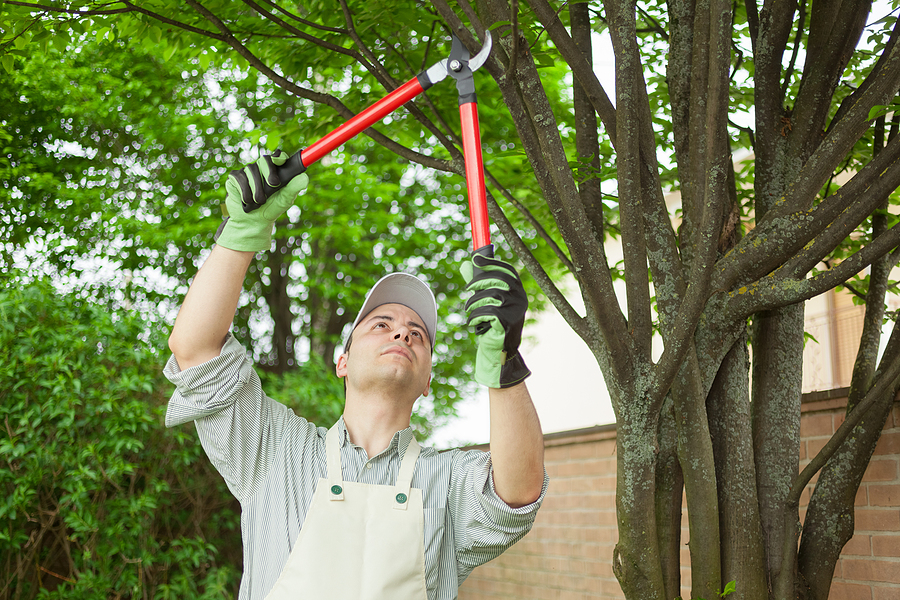Trees in the Northeast are susceptible to illnesses caused by various insects and pests. One of the most insidious bugs are Bark Beetles, which feeds on the inner bark of a tree. For example, the American elm bark beetle (Hylurgopinus rufipes), transmits Dutch Elm disease.
Bark beetles pose a significant danger to trees in the Northeast, wreaking havoc on their health and causing extensive damage. These small insects tunnel through the bark, disrupting the tree’s nutrient and water transport systems. They reproduce rapidly, creating vast populations that overwhelm the trees’ defenses. The damage inflicted by bark beetles weakens the trees, making them susceptible to secondary infections and diseases.
What is a Bark Beetle?
The term “bark beetle” is an overall category of a type of beetle that feeds in the inner bark layer of trees this type of beetle as there are many species that feed in the inner bark layer of trees. Bark beetles, as a species, have a variety of lifestyles that feed by boring into trees, feeding in fruit or seeds, or tunneling into herbaceous plants.
The Bark Beetle Spreads Dutch Elm Disease
Dutch Elm Disease is a fungal infection that affects American and European elm trees. It is caused by a fungus that is primarily spread by bark beetles. Our region of New England enjoys the beauty of the American Elm. When an elm contracts Dutch Elm Disease, the prognosis is not good. The disease clogs the tree’s vascular system, leading to wilt, yellowing leaves, and eventual death. Wilt diseases disrupt the flow of water in the xylem, causing leaves to wilt. The xylem is the main part of a tree’s vascular tissue. Its main role is transporting water and nutrients to the stems and leaves.
To manage Dutch Elm Disease, infected trees must be promptly removed and destroyed to prevent the spread of the fungus.
The Conifer Bark Beetle
In the Northeast, conifer bark beetles are associated mostly with weakened pines in the forest and personal landscaping. Stress factors that incline a pine tree to a bark beetle attack include drought, insufficient roots at transplanting time, and old age. Younger and healthier pines produce ample amounts of resin necessary to repel bark beetle attacks. Weakened and wounded pines may also release plant emissions into the air that attract the bark beetles.
According to the UMass Amhurst landscape program, the conifer bark beetle species overcome what is left of a tree’s natural defenses by utilizing a strategy known as a mass attack. One or several beetles of the same species will find a suitably weakened tree for colonization and then emit a chemical message that attracts countless numbers of their species to that one tree. They then continually bore into and consume the resin. This process is repeated until the tree’s supply of resin is exhausted.
Call Boulay Landscaping
Sadly, entire forests can be devastated by these pests and the loss of trees affects biodiversity, disrupts wildlife habitats, and impacts the overall ecosystem health. Effective monitoring, early detection, and timely maintenance strategies are critical to combat these beetles! Other common bugs that can cause tree illnesses in the Northeast are Emerald Ash Borer, the Gypsy Moth, and Asian Longhorned Beetle. If you have any concern about bugs or overall tree health, contact us at Boulay Landscaping.
At Boulay Landscaping, we know how to monitor the health of your trees, plants, and lawn. We offer a full array of services from lawn and garden care, irrigation, and snow plowing, to tree services.
Boulay Landscaping serves these southern Maine and New Hampshire communities: Biddeford ME, Kennebunk ME, Sanford ME, Wells ME, York ME, Dover NH, Rochester NH, Portsmouth NH, and more. Contact Boulay today at (207) 216-2983.




